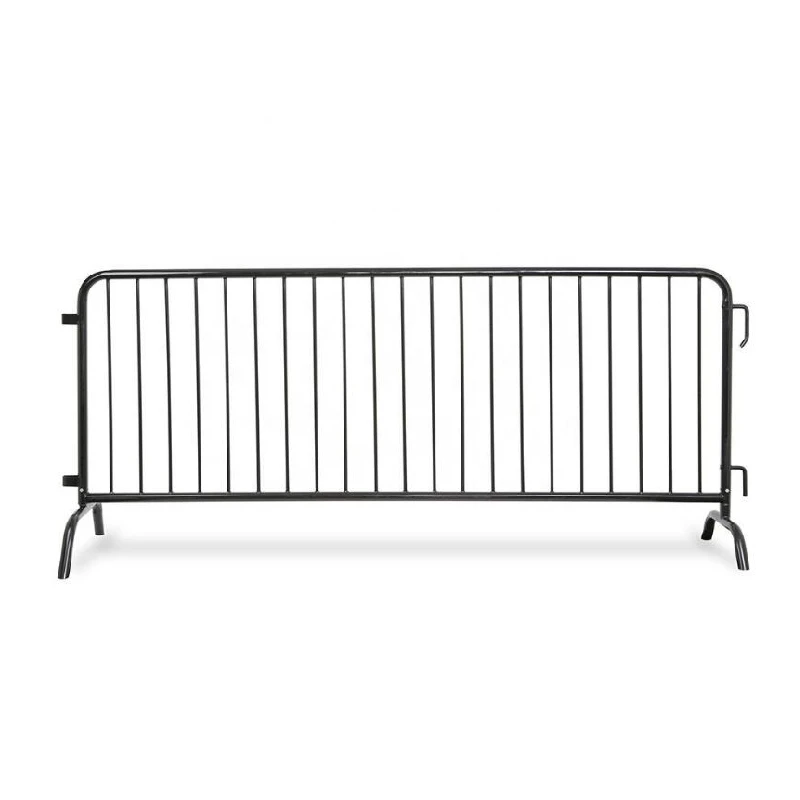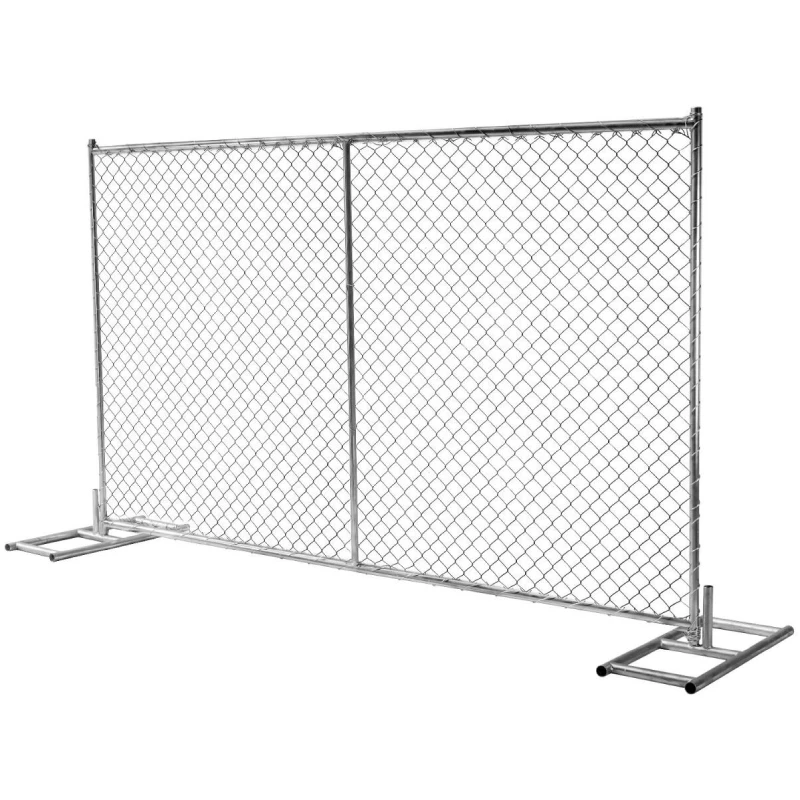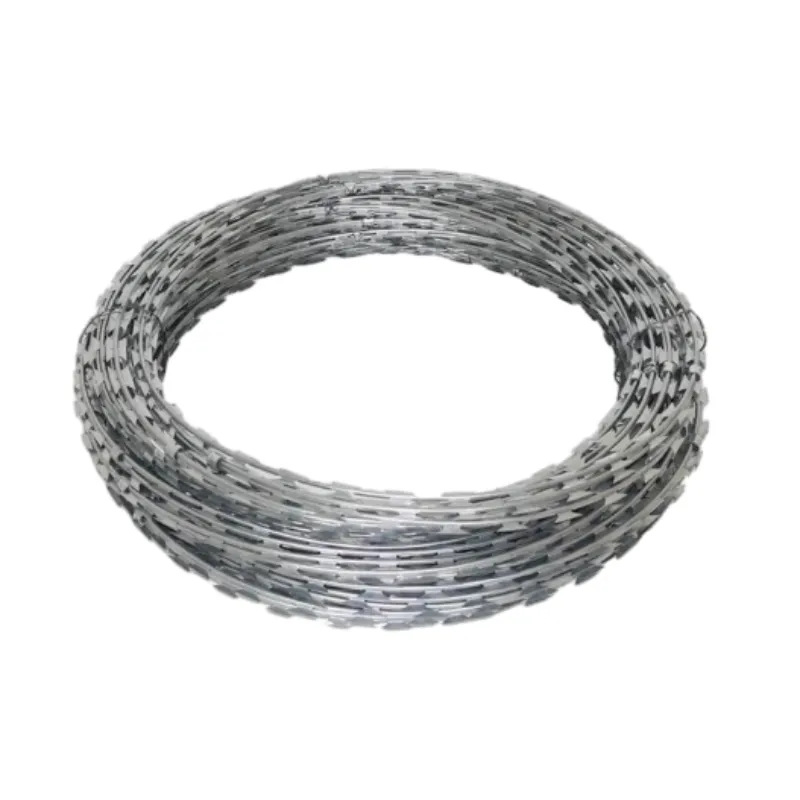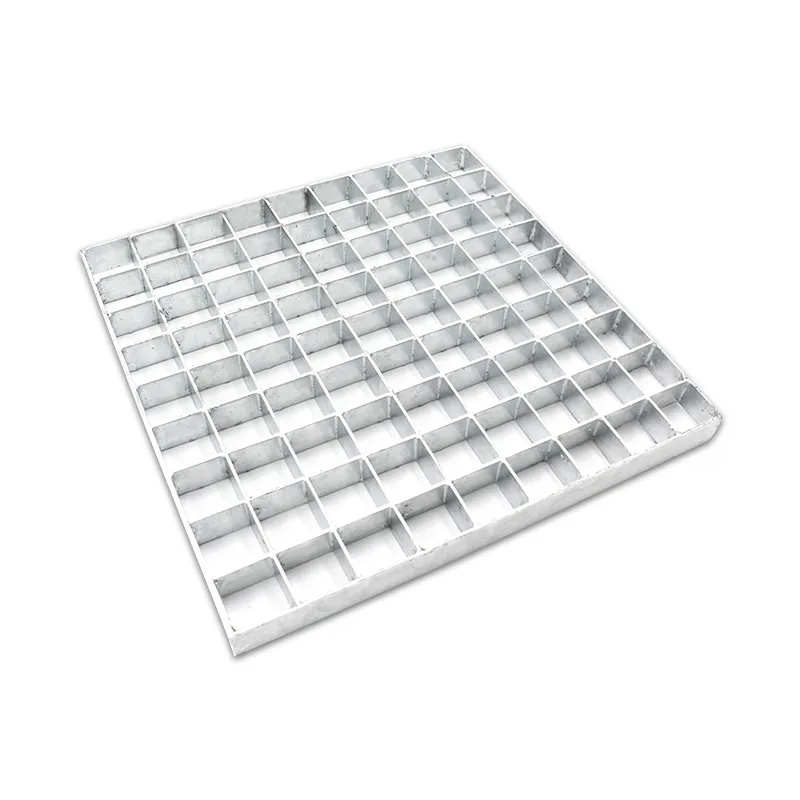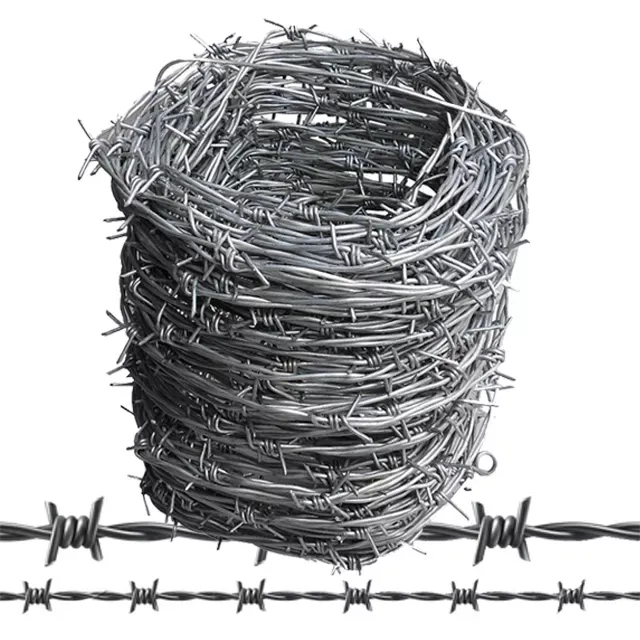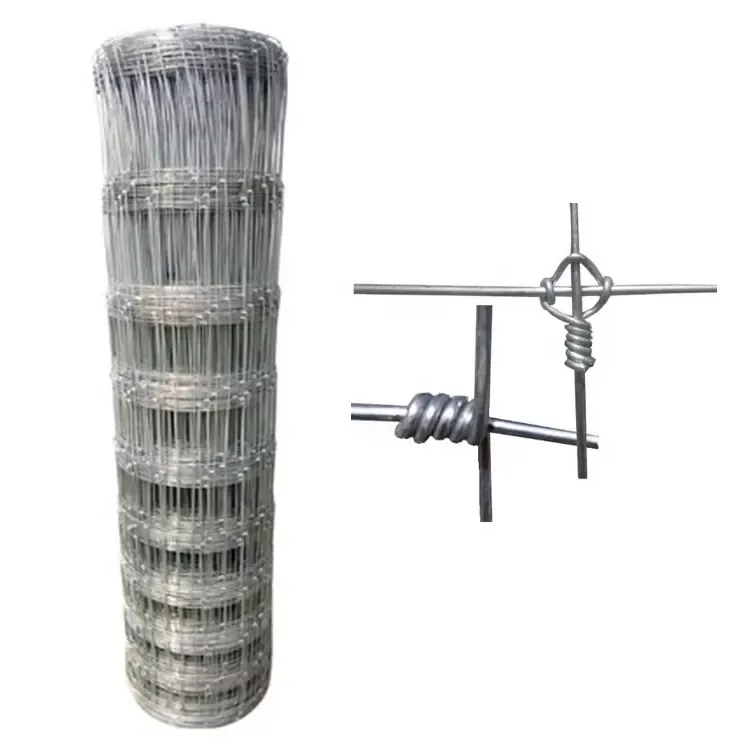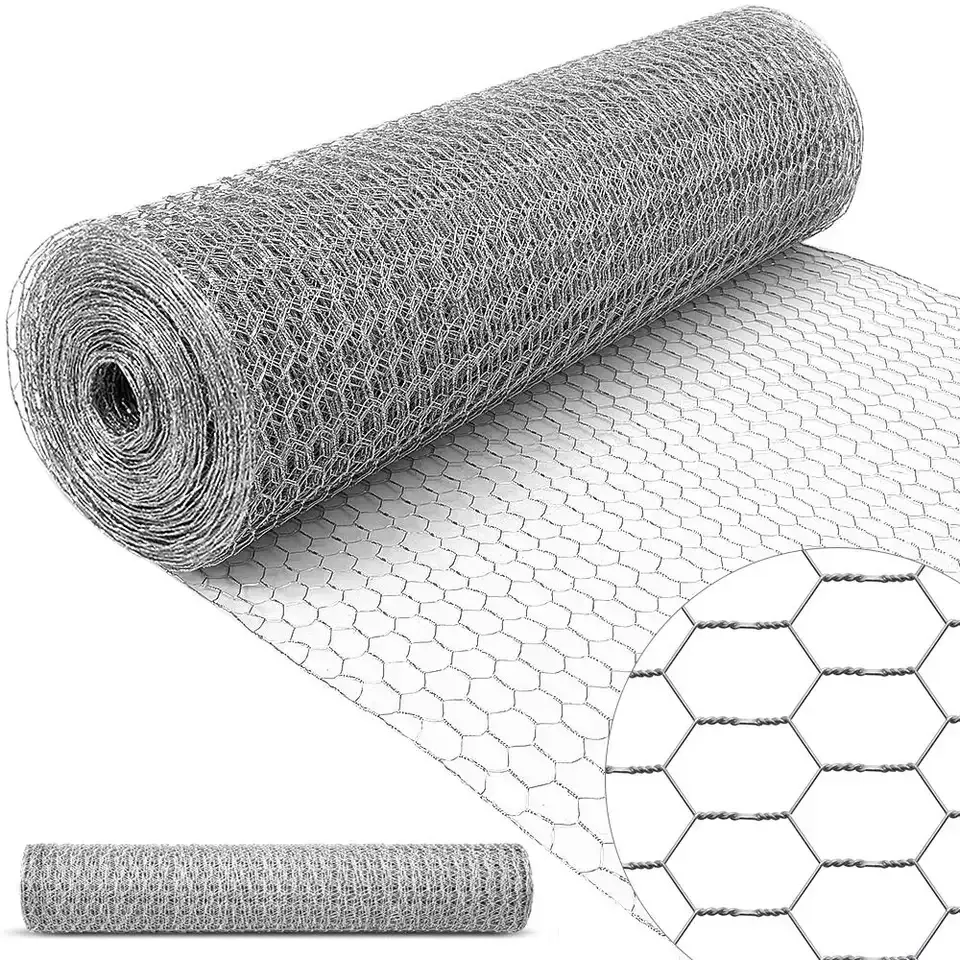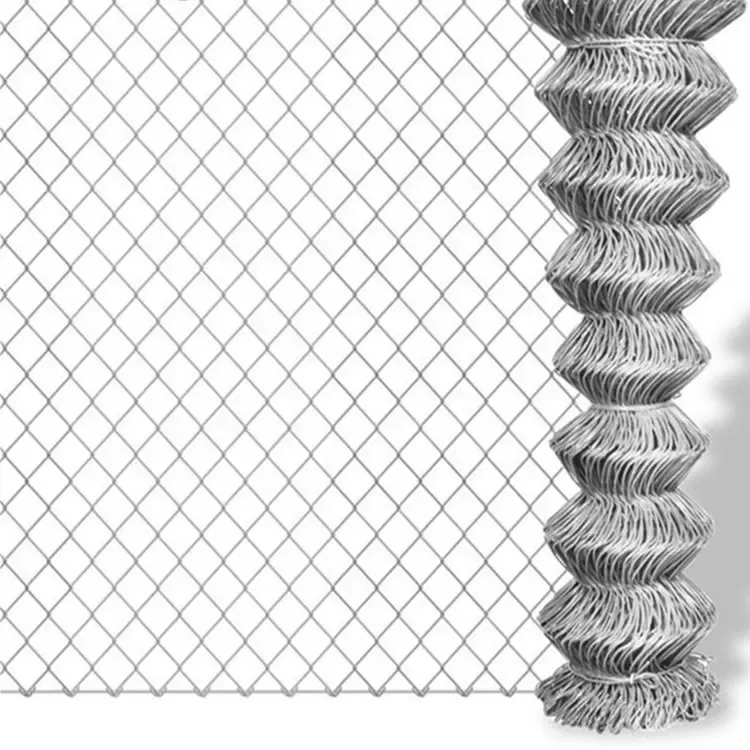
- Afrikaans
- Albanian
- Arabic
- Armenian
- Azerbaijani
- Basque
- Belarusian
- Bengali
- Bosnian
- Bulgarian
- Croatian
- Czech
- Danish
- Dutch
- English
- Esperanto
- Estonian
- Finnish
- French
- Galician
- Georgian
- German
- Greek
- hawaiian
- Hindi
- Hungarian
- Indonesian
- irish
- Italian
- Lao
- Latvian
- Lithuanian
- Luxembourgish
- Macedonian
- Maltese
- Myanmar
- Norwegian
- Polish
- Portuguese
- Romanian
- Russian
- Serbian
- Slovak
- Somali
- Spanish
- Swedish
- Thai
- Turkish
- Turkmen
- Vietnamese
Dec . 05, 2024 01:58 Back to list
cattle fence installation cost
Understanding Cattle Fence Installation Costs
When it comes to managing livestock, having a secure and reliable cattle fence is essential. Not only does it keep your animals safe, but it also helps prevent them from straying onto roads or neighboring properties. However, installing a cattle fence can represent a significant investment. Understanding the factors that influence cattle fence installation costs can help you plan your budget accordingly.
Factors Affecting Installation Costs
1. Type of Fence Material The choice of fencing material is one of the most significant determinants of installation costs. Common materials used for cattle fencing include barbed wire, woven wire, electric fencing, and high-tensile wire. Barbed wire is generally the most economical option, while electric fencing can be cost-effective for long distances and provides a psychological barrier for animals. Woven wire, while more expensive, offers additional safety and containment features.
2. Length of Fencing Naturally, the longer the fence line, the more material you will need. Depending on the size of your property and the area you need to fence off, the total length can greatly impact the overall cost. Before installation, it’s beneficial to map out the exact perimeter that needs fencing to get a more accurate material estimate.
3. Topography and Soil Conditions The land’s topography can influence installation costs as well. If your property is hilly or has rocky soil, the installation may require additional labor and specialized equipment to set posts or clear the area. Flat, open land generally allows for quicker, easier installation.
4. Post and Gate Needs The type and number of posts required can also add to the overall cost. Wooden, metal, and vinyl posts all have varying price points. Additionally, gates are a crucial component that can add both functionality and cost to your fencing project. The number of gates you need and their design (single, double, swing, or sliding) will vary in price.
cattle fence installation cost
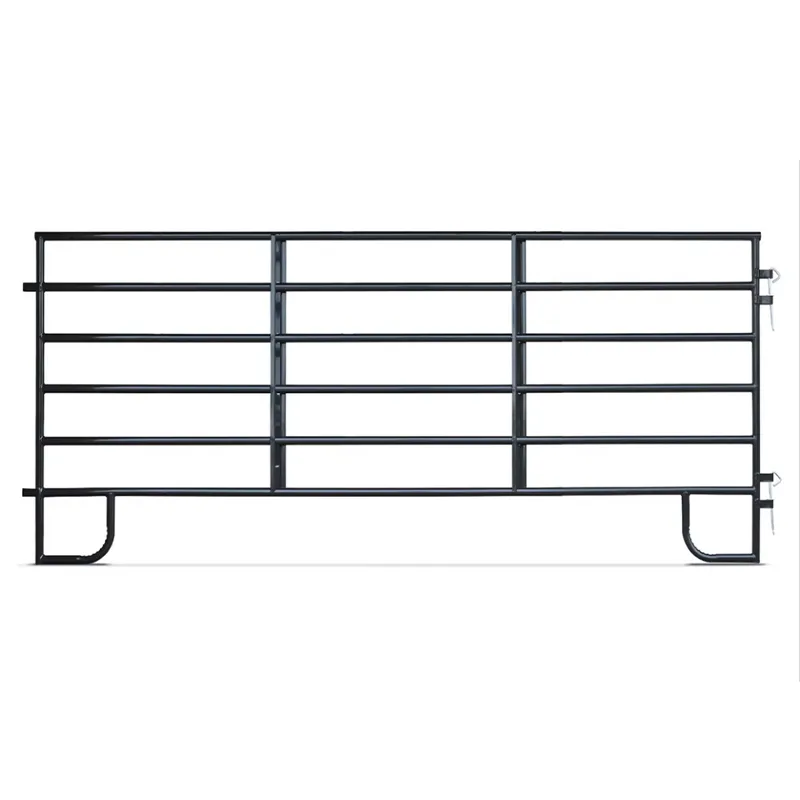
5. Labor Costs Labor costs can vary significantly by region and the complexity of the installation project. Hiring a professional fencing contractor may offer convenience, but it can also increase the overall cost. DIY installation can save on labor, but it requires knowledge, skill, and time.
6. Permitting and Regulations In some areas, you may need a permit to install new fencing, especially if it borders a public road or affects neighbors. Make sure to check local regulations to avoid fines or having to dismantle your fence after installation.
Average Costs
While costs can vary widely, a rough breakdown can help provide perspective. On average, cattle fence installation can range from $1 to $10 per linear foot, depending on the factors discussed. A simple barbed wire fence might cost around $1–$3 per foot, while a high-tensile wire fence could run $2–$5, and woven wire can be $3–$8 per foot or more. Electric fencing ranges from $1–$4 per foot, but installation can increase due to the need for grounding rods and energizers.
Budgeting for Your Project
When budgeting for your cattle fence installation, it's best to gather several quotes from local contractors if you opt for professional help. Ensure that all estimates include both materials and labor. If you're considering a DIY project, create a detailed list of materials and tools needed, as well as potential rental costs.
In conclusion, understanding the various components that contribute to cattle fence installation costs can empower you to make informed decisions. Whether it’s choosing the right materials, planning for labor, or adhering to local regulations, taking the time to evaluate your options will ultimately lead to a successful investment in livestock management. With a well-planned fencing solution, you’ll not only protect your investment in cattle but also enhance the overall value and functionality of your property.
-
Versatile Sheep and Livestock Hurdles for Sale
NewsApr.14,2025
-
The Rise of BRC Fencing
NewsApr.14,2025
-
High-Quality Cattle and Horse Panels for Sale
NewsApr.14,2025
-
Durable Cattle Fencing Solutions
NewsApr.14,2025
-
Double Wire Fencing Solutions
NewsApr.14,2025
-
360 Degree Protection with 358 Anti-Climb Fences
NewsApr.14,2025


